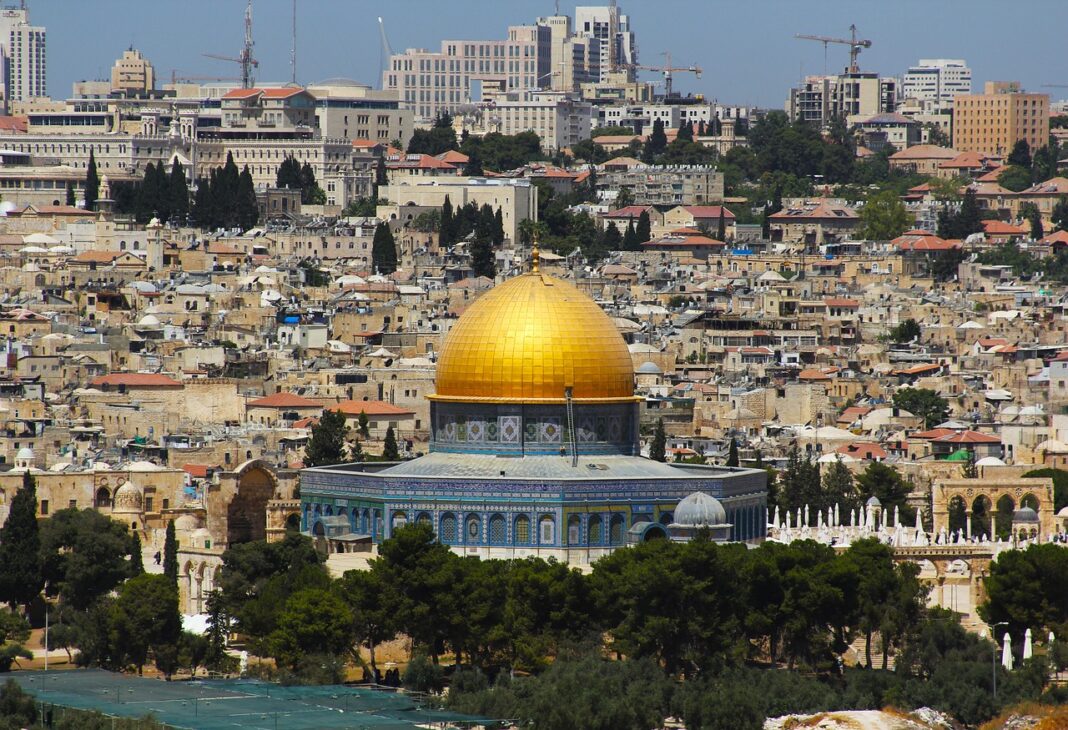The world has witnessed a brutal escalation of conflict in the Middle East, with Israel and Hamas locked in a deadly and devastating confrontation. The situation has raised grave concerns worldwide as the toll of casualties continues to rise, and both sides grapple with the consequences of this renewed hostilities.
The roots of this recent conflict can be traced back to the ongoing tension between Israel and Palestine, a conflict deeply entrenched in historical and geopolitical complexities. However, the situation reached a critical juncture when Hamas, a militant group in Gaza, launched a massive attack on Israel Saturday October 7. This attack, described as the largest in years, resulted in a staggering loss of life, with over 600 people killed and more than 2,000 injured.
In response to the gravity of the situation, Israel took an unprecedented step by officially declaring war for the first time since 1973. Prime Minister Benjamin Netanyahu had previously stated that Israel was “at war” in response to the attacks, but the decision by the Israeli security cabinet marked a significant escalation in the conflict. This declaration authorized “significant military activities,” as confirmed by Netanyahu’s office.
The declaration of a state of war by Israel came as a direct response to the massive attack and the subsequent invasion of its territory carried out by Hamas. Hamas, widely regarded as one of the most dangerous militant groups in Palestine, is no stranger to conflict with Israel. However, the scale and intensity of this recent attack have shocked the international community, resulting in a grave humanitarian crisis with over 500 military and civilian casualties reported.
As the conflict intensifies, the world watches with growing concern, hoping for a swift and peaceful resolution to the hostilities. The toll on innocent civilians caught in the crossfire underscores the urgent need for dialogue, diplomacy, and international cooperation to address the root causes of the Israel-Palestine conflict and pave the way for a lasting peace. The road ahead remains uncertain, but the hope for a peaceful resolution to this protracted conflict remains undiminished.
In the wake of the escalating conflict between Israel and Hamas, expressions of support for Israel have reverberated across the globe. In The Hague, capital of the Netherlands and home to the International Court of Justice, several manifestations in support of Israel have already taken place. These gatherings of hundreds of people represent a tangible demonstration of solidarity with Israel during these challenging times.
Furthermore, many countries around the world, including the United States, have issued statements affirming their support for Israel. The United States, a longstanding ally of Israel, has reiterated its commitment to Israel’s right to self-defense while expressing concerns about the loss of civilian lives and calling for restraint. This stance reflects the complex dynamics of international relations in the region and the United States’ role as a key mediator in efforts to achieve a peaceful resolution to the Israel-Palestine conflict.
The international community continues to monitor the situation closely, with hopes for de-escalation and the resumption of peaceful dialogue. As global leaders and organizations grapple with the complexities of the conflict, the expressions of support for Israel and calls for a peaceful resolution underscore the urgency of finding a path toward lasting stability and security in the region.



